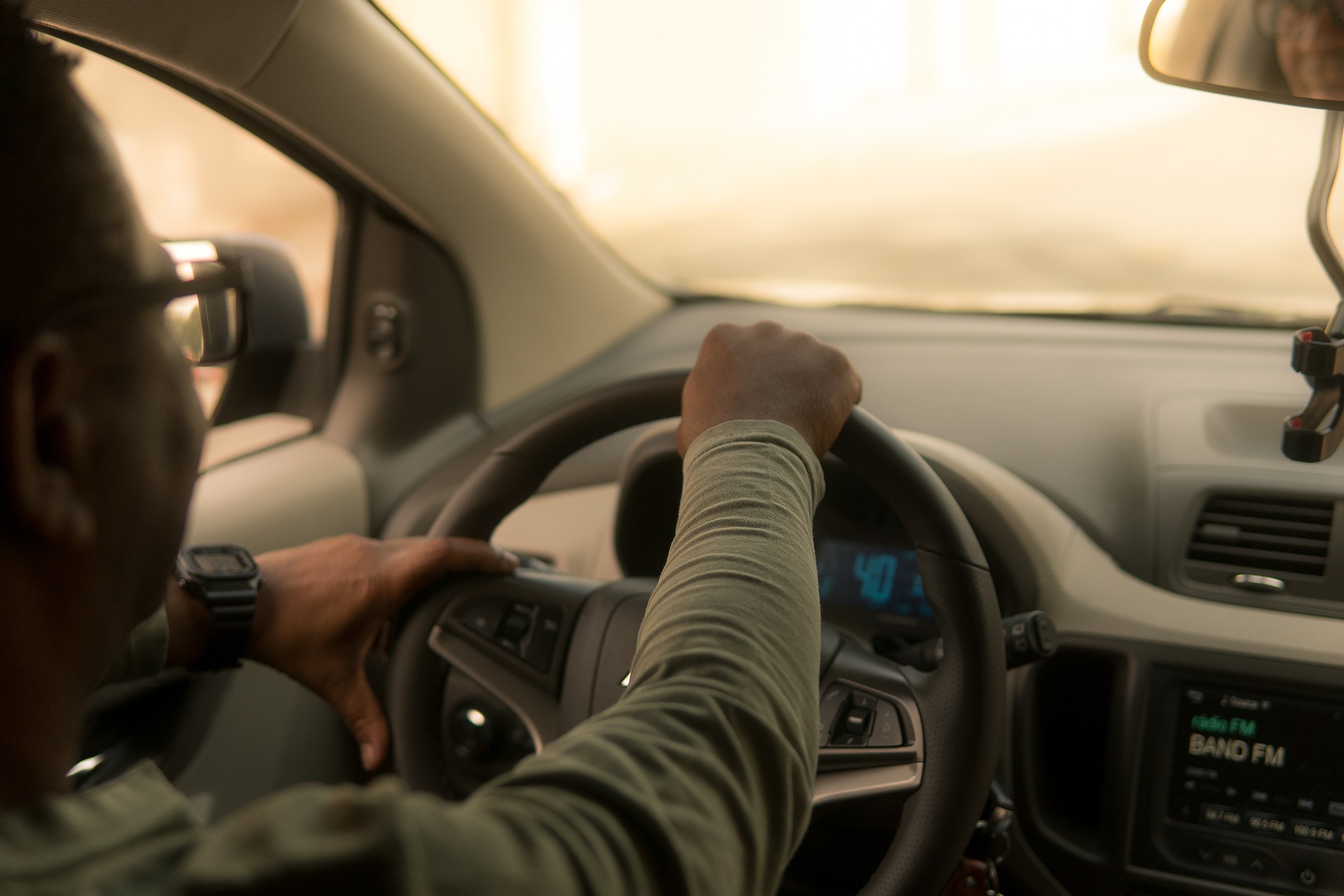
An example of this has to do with my friend Sahal. Sahal lives in Dakar and works as a taxi driver. Dakar is a Wolff and French speaking city. I speak neither of these languages and for as much as I travel my sign language is not great either. We met one day when I was in a hurry to get to a meeting. Sahal was sitting nearby in his cab listening as I was standing on the street and trying to get 2 taxi drivers to understand my English when he calls out to me in British accented English, “Can I drive you? I know where that is.” Hearing the heavenly sound of my native tongue in this foreign country, I immediately deserted these two francophone drivers for Sahal.
As we drove off we began to get to know one another. I explained I was in town for a week for meetings with the director of an NGO I mentor. Sahal seemed as happy to talk to someone in English as I was. He told me his story, including how he grew up in a rural Muslim village. He’d come to the city to study, learned English at the local British Counsel language center, had 2 young daughters, and recently completed his MBA. At this point I exclaimed “MBA! What are you doing driving a taxi?” Surprised at my outburst, he replied, “Well sir, there’s no jobs here and I need to feed my family.” I told him how much I appreciated him taking time to learn my language and how rare it was to find a taxi driver I could actually talk to. By the time we reached my destination, I asked Sahal to meet me every morning that week; partially from a desire to share the Lord with him and partially from dreading dealing with the language barrier.
For 2 days he drove me around and we discussed a variety of both spiritual and non-spiritual matters. On the 3rdday, we were riding together with Chuck, the director of the NGO. As we were driving, I introduced Chuck to Sahal. I then asked, “Sahal, Chuck here runs a large NGO. They have projects in several West African countries. They build schools, provide clean water, build and staff clinics & hospitals, and they also give medicine and food to needy people. Sahal, I am thinking of investing in one of these projects, which one of these projects do you think is needed most by your people?”
Sahal paused, looked at me in the rear view mirror and said quiet pointedly, “NONE OF THESE.” Not surprised, but curious I asked, “What do you mean?” He continued, “Sir, you asked what do we need. What we need are jobs. For you see, if we have jobs, we can get for ourselves food, water, medicine. We can build and operate our own schools and clinics. You Western imperialists come and give us what you want us to have. You think more of yourselves and of us. We appreciate what you do for us, but we do not respect you. If you want our respect, help us to be able to care for ourselves. Help us to create jobs so we can work for ourselves.”
![]()
PATRICK LAI and his family have worked in SE Asia for over 37 years. His experience in doing business with Jesus has brought him to understand the meaning of work and worship in the marketplace. He started 14 businesses in four countries, six of which are still operating. Patrick and his wife, May, mentor and coach businesspeople working where there are few or no Christians. Check out Patrick’s latest book, Workship, now available in paperback and e-book.
- Blog Home
- /
- Patrick Lai
- /
- THE NGO MODEL
